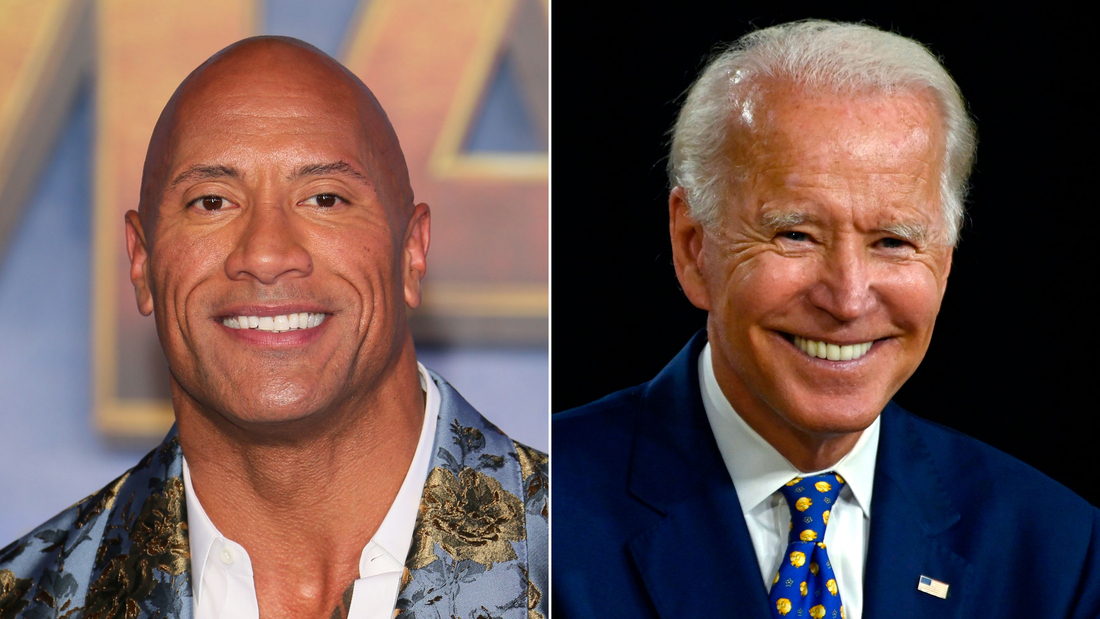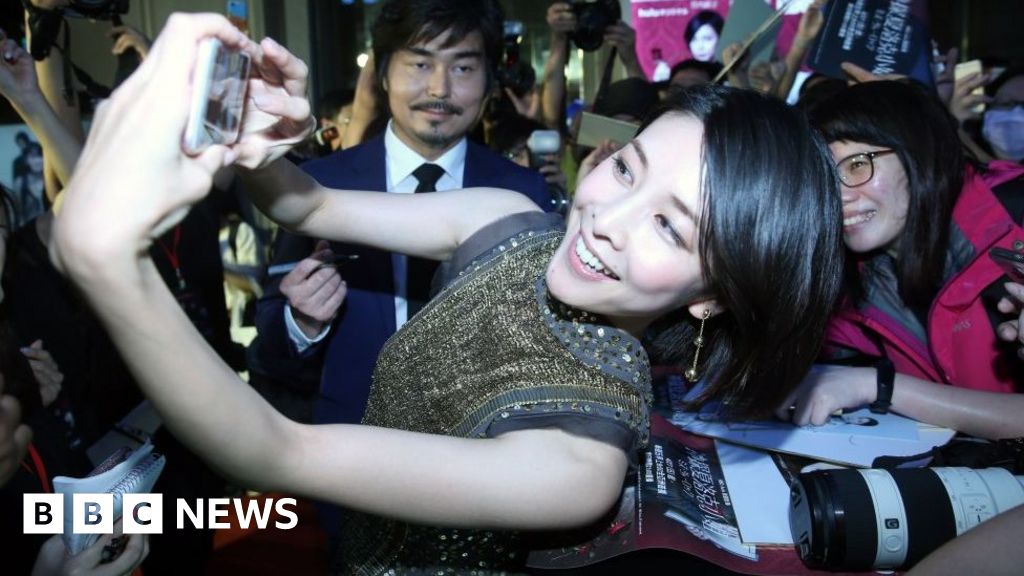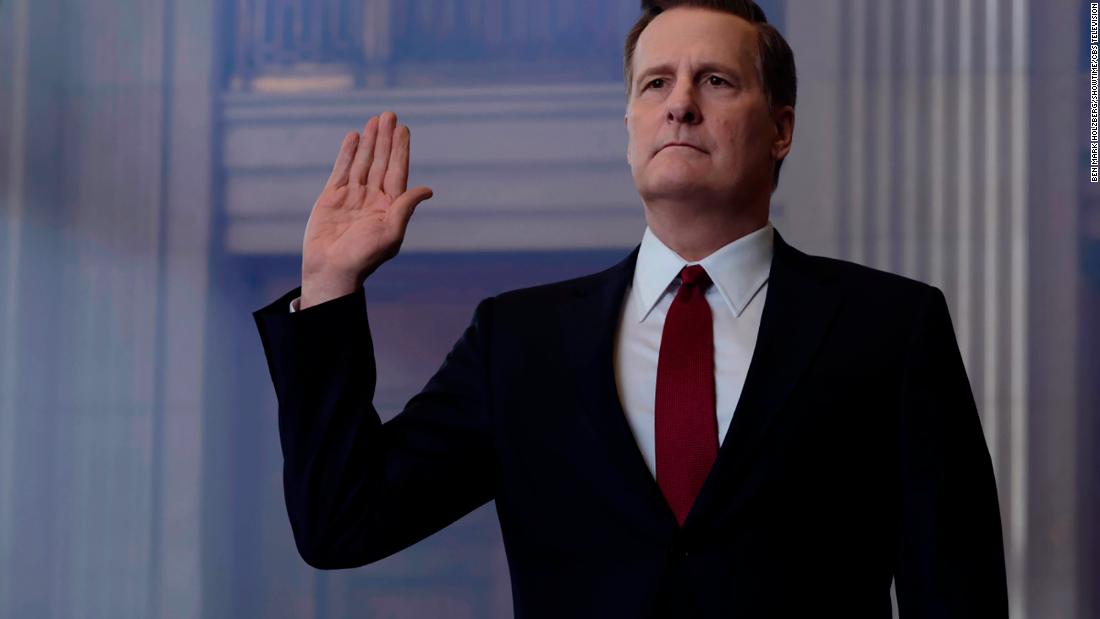(CNN)With themes of cultural appropriation, homophobia and sexism, the cheerleading cult-classic "Bring It On" is as timely today as it was when it premiered on August 25, 2000.
In an interview with CNN this week, the film's screenwriter, Jessica Bendinger, and director, Peyton Reed, reflected on the remarkable relevance of "Bring It On," two decades after its debut.
The film follows high school cheer team the Toros, as they learn their five-time national championship title is thanks to routines stolen from inner-city rivals the East Compton Clovers. Starring Kirsten Dunst as naïve Toros captain, Torrance Shipman, and Gabrielle Union as confident Clovers captain, Isis, "Bring It On" checks all the boxes for a light-hearted teen comedy, but its script is laced with social satire on cultural theft and White privilege.
"I knew the movie couldn't take this hard-left turn into dealing with those things," Reed said.
"We had to give them their medicine with a bit of sugar," Bendinger explained.
In one of the film's most memorable scenes, the Clovers expose the Toros' plagiarism by performing the same routine at their game. It has since become a cinematic symbol of cultural appropriation.
"It's just such a great metaphor. They have built their entire reputation on the backs of someone else's hard work," Reed said. "Cultural appropriation has always been a thing from Elvis, The Beatles and everybody who, as [Isis] says, is 'putting blonde hair on it and calling it something different.'"
"Black culture in America has had primacy in a way that hasn't been as embraced or as acknowledged as it deserves to be," Bendinger said.
After witnessing cultural appropriation in music as a journalist in the '90s, Bendinger said it inevitability became a vital plot point in her script.
That's why Dunst's character is key. She comes to recognize her complicity in a rigged "cheer-ocracy."
"She's really kind of dipping her toe into realizing that she is a product of White privilege and she's got to deal with it," Reed said.
If "Bring It On" came out in 2020, Torrance would likely have received more scrutiny for her cluelessness.
"We're in such an aggressive cancel culture now. Torrance is spared because of the timing of the movie," Bendinger said. "She is shamed and humiliated but not to such an extent that she can't recover and do better. If we can allow each other the space of our learning curves, only good can come out of that."
When Reed first read the script, he said he was impressed with how Bendinger rewrote typical high school movie conventions.
"You had women who were having scenes together and talking about things other than guys," he said.
"We were trying to seize the moment of this idea that young women were kind of sick and tired of being minimized," added Bendinger.
"Bring It On" cleverly flips the script on sexist double standards in sport by making the cheerleaders "more skilled athletes than the football team at the school," Reed said. "They're the five-time national champions and the football team is terrible."
And in a time before inclusion was a buzzword in Hollywood, "Bring It On" embraced diversity and themes of empowerment.
"It wraps its arms around people of color. It wraps its arms around LGBTQ kids. It wraps its arms around people who don't necessarily feel centered or appreciated or valued," Bendinger explained.
"Bring It On" was ahead of its time simply because it dared to challenge the status-quo.

 5 years ago
895
5 years ago
895 

